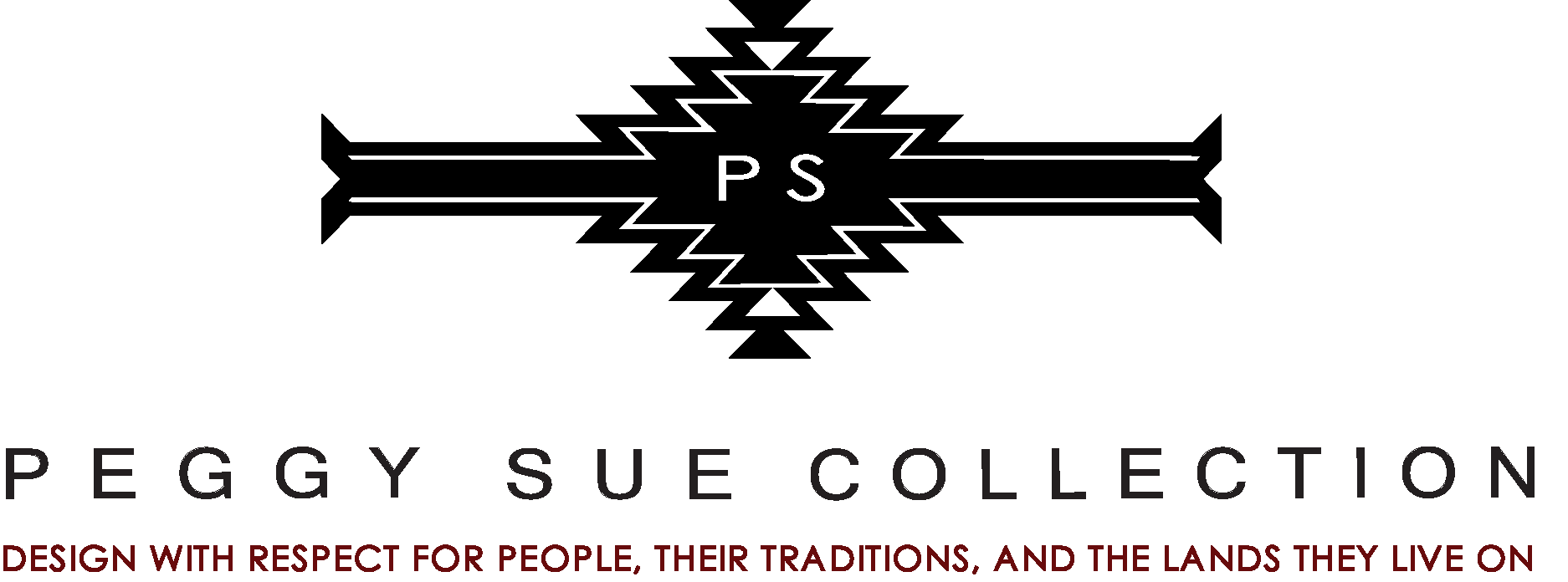lubbock, tx, u.s.a.
Texas Organic Cotton Marketing Cooperative (TOCMC) members produce the majority of the organic cotton grown in the United States. Founded in 1993, most of its members are located in the surrounding South Plains area. TOCMC was recently featured in The True Cost, a documentary film which discusses the current practicies of The Fashion Industry, where their farming is extolled for its progressive certified organic methods.
Peggy Sue Collection Inc. is priveleged to be able to support their movement by using their organic cotton fiber in our woven and knit fabricss as well as our milled yarns. Through TOCMC we have been connected with: Sovereign Textiles, Spiritex, Organic Cotton Plus, and Huntingdon Yarn Mill.
This region of Texas, the heart of “the world’s largest cotton patch,” is well-suited to the production of organic cotton. Winter temperatures are cold enough to limit insect pressure and provide a hard freeze to defoliate the cotton plants prior to mechanical harvest. In addition, a sunny climate and quick-drying soils facilitate timely weed control.
The cooperative has approximately 40 producer members who plant 10-19,000 acres of organic and transitional cotton each year. In recent years, total annual production on these family farms has ranged from 6,000 to 15,000 bales. Since many of these farms have limited or no irrigation, yields are very rainfall dependent and vary significantly from year to year.
TOCMC and its members are certified organic under the United States Department of Agriculture National Organic Program (USDA-NOP). Each bale of cotton marketed by TOCMC is tracked from the field to the customer. Buyers can know the producer’s name and farm for each bale purchased.
USDA classing specifications are used to classify each bale of TOCMC cotton into different quality pools. Payments to producers are determined by the pool in which the bale falls, giving producers an incentive to grow the highest quality cotton possible. However, quality, like yield, is somewhat subject to weather conditions that are beyond the farmers’ control, resulting in some year-to-year variations in the percentage of the crop in each pool.
The quality pools are also the basis of TOCMC’s price structure. Customers receive bales from the pool containing cotton of the quality specifications they have requested and are charged the price related to that pool.
TOCMC members grow other organic crops including peanuts, wheat, corn, blue corn, milo, forage sorghum, soybeans, blackeye peas, and watermelons. Also, the cotton seed, which is separated from the cotton fiber in the ginning process, is marketed to organic dairies for feed.
WHY IS THIS A NECESSARY COMPONENT OF OUR SUPPLY CHAIN?
Continuing on the the "Cotton Conundrum" from yesterday, TOCMC has created an incredibly unique offering especially for our slow fashion company. Cotton fiber is a difficult fiber to grow. Within a farmer's fields they will get a varied quality yield. Some will be good enough for fabric. Some will only be good enough for coarse industrial uses (Q-tips, bandages, mops, etc.). And it's very hard for a farmer to be able to have enough of one quality type of fiber to be able to manufacture it into a finished good that is traceable down to the farm (because cotton machinery usually requires such large volumes to get the gears running - sometimes as much as 1,000 lbs.)
Therefore, most cotton farmers have to "pool" their cotton fiber together to be able to process it. ADD organic fiber into the mix and imagine trying to find another farmer who is growing organic fiber and has the matching quality types to be paired with for processing. We WANT to encourage organic farming processes where possible because it drastically cuts down on the pounds of pesticides released into the environment annually. But farming organic cotton almost seems impossible with these challenges.
Enter TOCMC. This truly is a remarkable area where organic farming practices are a feasible option and are actually encouraged by the Coop. TOCMC helps farmers to make the 3 year transition over to being an organic farm. Yes - to be an organic farmer, you have to use organic practices, but are not officially considered organic until 3 years have passed, allowing most of the harsh toxins of in-organic farming to break down.
This is why it is hard to transition to organic farming without the help of an outside organization. You have to farm organically without being able to charge for all of those added costs for 3 years because you're not officially recognized as organic - you are what is called a "Transitional Farm." There are numerous other challenges as well, but it is a vital transition that must continue to be made.
Because of TOCMC's dedication to cultivating organic cotton farming practices and connecting them with local North American Mills, Peggy Sue Collection Inc. is able to create a wide range of garments using woven and knit fabrics made of North American ORGANIC COTTON! (That is actually traceable back to each farm).
THANK YOU TEXAS ORGANIC COTTON MARKETING CO-OP AND FARM MEMBERS!!!




